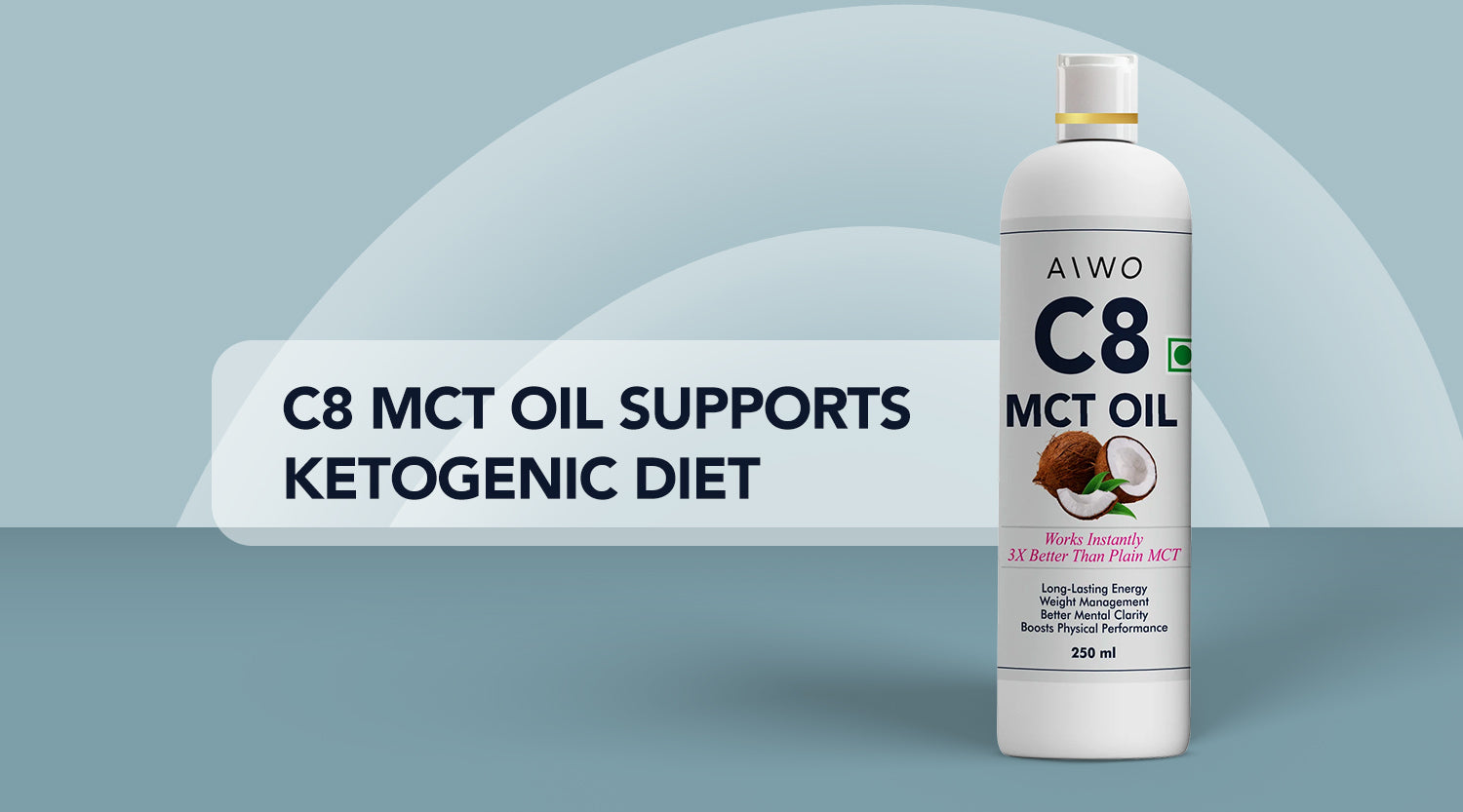
Harnessing the Power of C8 Caprylic Acid for Enhanced Ketogenic Benefits
The Science Behind MCT Oil: What Is C8 Caprylic Acid?
Understanding MCTs: A Brief Overview
MCT oils contain medium-chain triglycerides (MCTs), which are unique fats. Unlike long-chain fatty acids found in most foods, MCTs are shorter. Due to their length, they digest quickly and turn into energy. This makes MCT oils, like C8 caprylic acid, a favorite among keto dieters. C8, specifically, is a type of MCT with 8 carbon molecules. Because it's the shortest MCT, it provides fast fuel for the body and the brain. It supports a state of ketosis, where the body burns fat for energy instead of carbs.
C8 Caprylic Acid: The Key to Many MCT Oil Benefits
C8 Caprylic Acid is the most ketogenic MCT, making it a star in MCT oils. Its eight-carbon structure lets it turn into ketones quickly. Ketones fuel your body in a keto diet. This gives you energy and helps manage weight better. C8 also has anti-inflammatory properties, supporting your gut health. Plus, it's easy to digest, sparing you from common digestive issues on keto. Overall, C8 Caprylic Acid is a potent MCT that can significantly enhance the benefits of your ketogenic diet.
The Role of C8 Caprylic Acid in a Keto Diet
Enhancing Weight Management with C8 Caprylic Acid
In a ketogenic diet, weight management is a common goal. C8 caprylic acid plays a vital role in this aspect. It helps the body maintain ketosis by providing a quick source of energy. This can reduce hunger and cravings, making it easier to stick with dietary goals. Also, it can increase the rate of fat burn. The MCT oil, rich in C8, can boost metabolism and aid in the shedding of excess pounds. Adding it to a keto diet may enhance weight loss efforts and promote a healthy body composition.
C8 Caprylic Acid and Digestive Health in Keto Diets
Digestive wellness is crucial for those on a ketogenic diet, and C8 Caprylic Acid plays a pivotal role here. As a medium-chain triglyceride, it’s more easily absorbed in the gut compared to long-chain fats. MCT Oil, rich in C8, can support a healthier gut environment. This may lead to better digestion and nutrient absorption. C8 Caprylic Acid might also minimize digestive issues common in high-fat diets. It's a boon for keto enthusiasts, aiming for efficient fuel without taxing their digestive system. Incorporating C8-focused MCT Oil may enhance gut health and facilitate a smoother keto experience.
Optimizing Your Keto Diet with C8 Caprylic Acid
Incorporating MCT Oil into Your Keto Diet
To best harness the power of C8 Caprylic Acid within your ketogenic diet, it's essential to understand how to incorporate MCT oil into your daily routine. Here are some practical ways you can begin integrating it effectively:
- Start by adding MCT oil to your morning coffee or smoothie to kickstart your day with a quick and efficient energy source.
- Use MCT oil as a substitute for traditional oils in salad dressings or homemade keto-friendly mayonnaise for an added dose of healthy fats.
- For an afternoon boost, blend MCT oil into a pre-workout shake or keto snack to help maintain energy levels throughout the day.
- Consider the timing of your MCT oil intake to coincide with meals or snacks that are lower in fat, to balance your overall daily fat intake.
Adopting these simple integration steps can help you optimize the benefits of C8 Caprylic Acid for your health and weight management goals while following a ketogenic diet.
Tracking and Measuring the Impact of C8 Caprylic Acid on Your Keto Journey
Monitoring your progress on a ketogenic diet enhanced with C8 Caprylic Acid is key to optimizing its benefits. Keep a food diary to note your MCT oil intake and how it correlates with your energy levels and appetite control. Tracking ketone levels can also provide insight into how effectively your body is entering ketosis. Additionally, weigh-ins and body measurements can reveal changes in body composition. Regular monitoring allows you to adjust your MCT oil dosage for the best results.
Share
